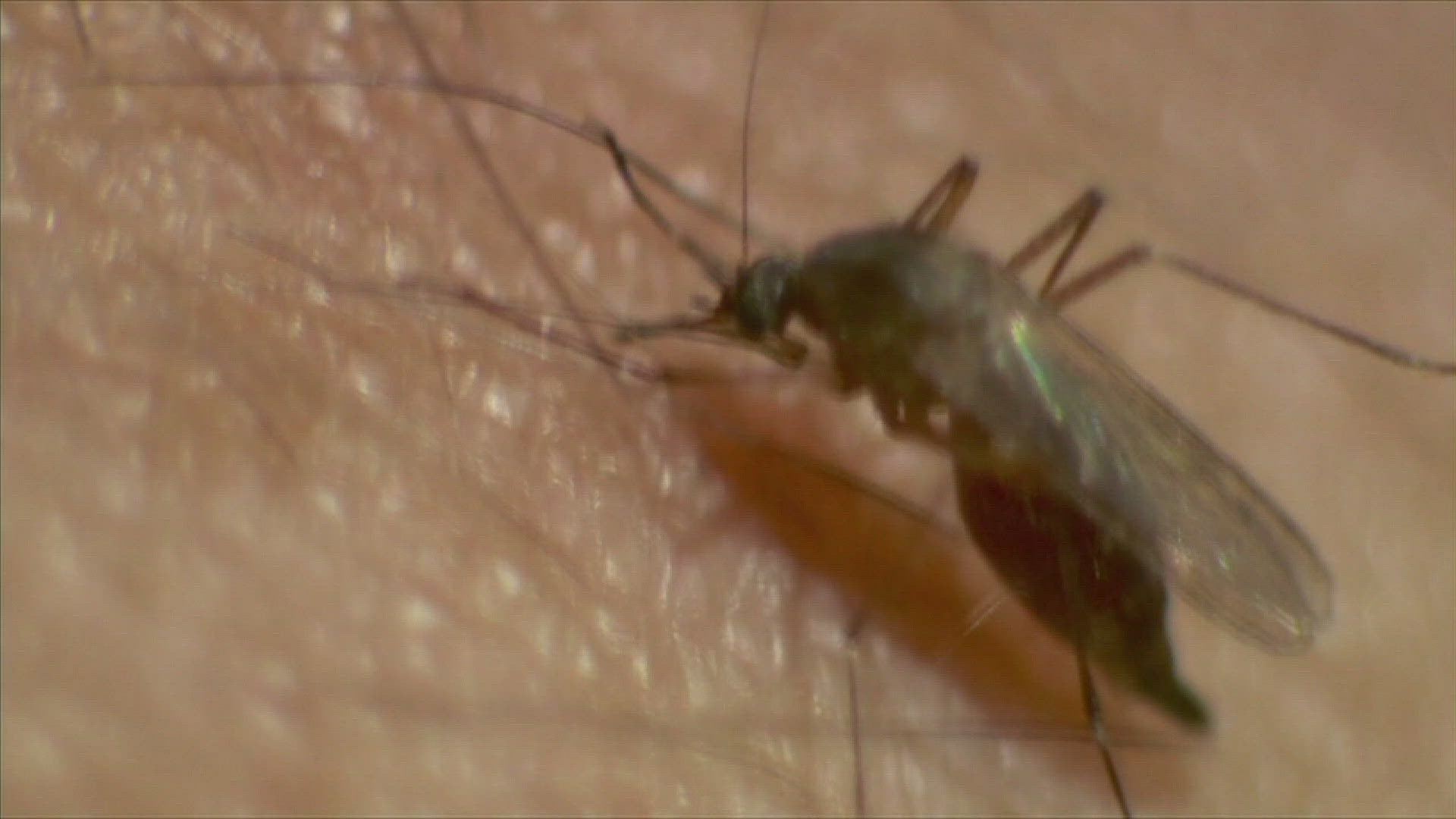CLINTON COUNTY, Iowa — Iowa State University researchers identified an invasive species of mosquitoes in Clinton County.
For more than 50 years, the university has operated a surveillance program to routinely monitor mosquito populations across the state. One of the primary functions of the program is to monitor for West Nile Virus. They've now detected the Asian Tiger Mosquito, or its scientific name Aedes Albopictus in Clinton County.
"Since 2016, we've been trapping in a number of counties throughout the state," Dr. Ryan Smith said. "I think the total is about nine of 10 total counties in which we've actually detected these mosquitoes. And so I think with every year, we're finding them in more and more places. And I think this is a mosquito that will kind of continue to invade into regions of Iowa."
Smith, an associate professor in the Department of Plant Pathology, Entomology and Microbiology, described this particular mosquito as easy to identify.
"It's very dark in color, kind of black, and it has kind of stripes on its body, on its legs," Smith said. "One of the telltale signs is it has what we refer to as a racing stripe, kind of right along its back."
The Asian Tiger Mosquito is known to pass on dengue, yellow fever and West Nile. It can also cause heartworm in canines. Both Smith and the Clinton County Health Department stress no diseases have been identified as of now. However, Smith said it's important to take steps to prevent breeding grounds, such as removing junk and debris from your backyard.
"If you have a pool, make sure that you're treating that," Smith said. "You're not getting a bunch of stagnant water that can allow for these mosquitoes to breed. Any buckets, any toys that are just out there that are accumulating, even a little bit of rainfall, can support their development."
If you do have water filled containers outside, change them at least once a week. It's also recommended people wear long sleeved clothing and use repellent products that contain DEET.
Overall, ISU researchers have observed more mosquitoes this year, compared to last. 10,710 mosquitoes were observed in Iowa in 2023, while this year, it's jumped to 21,025.
"The vast majority of these, they're called Inland Flood Water Mosquitoes, and so, as the name might suggest, they take advantage of the rain," Smith said. "Especially in a lot of places throughout the state that are experiencing flooding, these mosquito populations are just completely capitalizing on that excess water in these places. We're seeing really high numbers of these right now, and we're actually involve din some flood responses in certain parts of the state as well."

